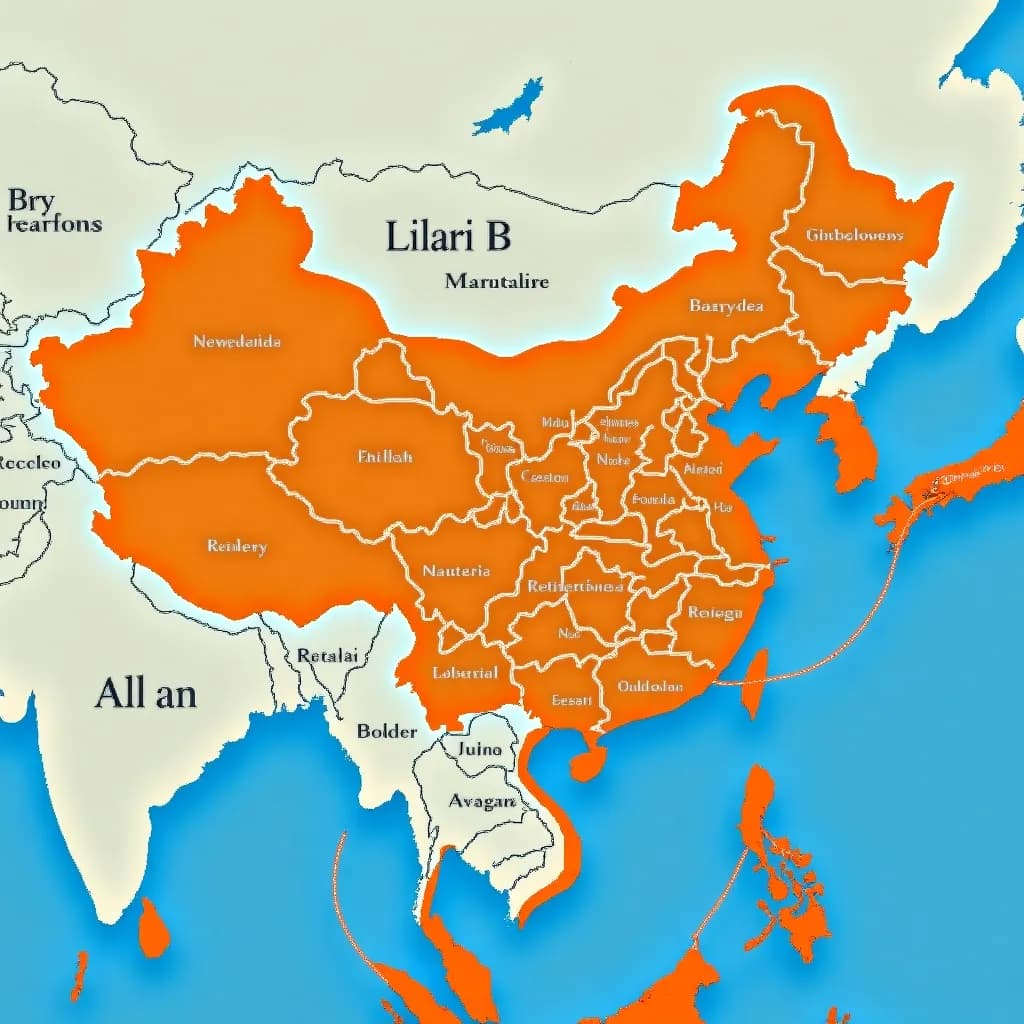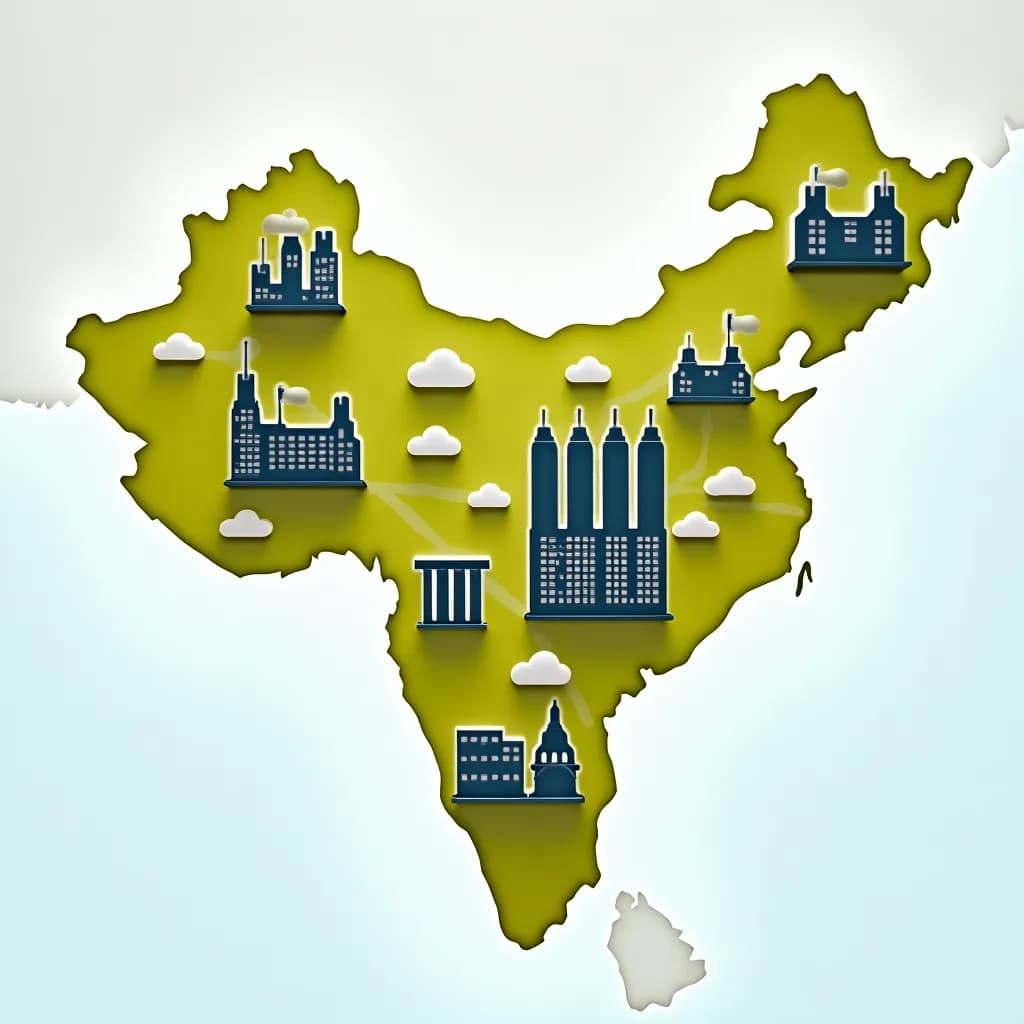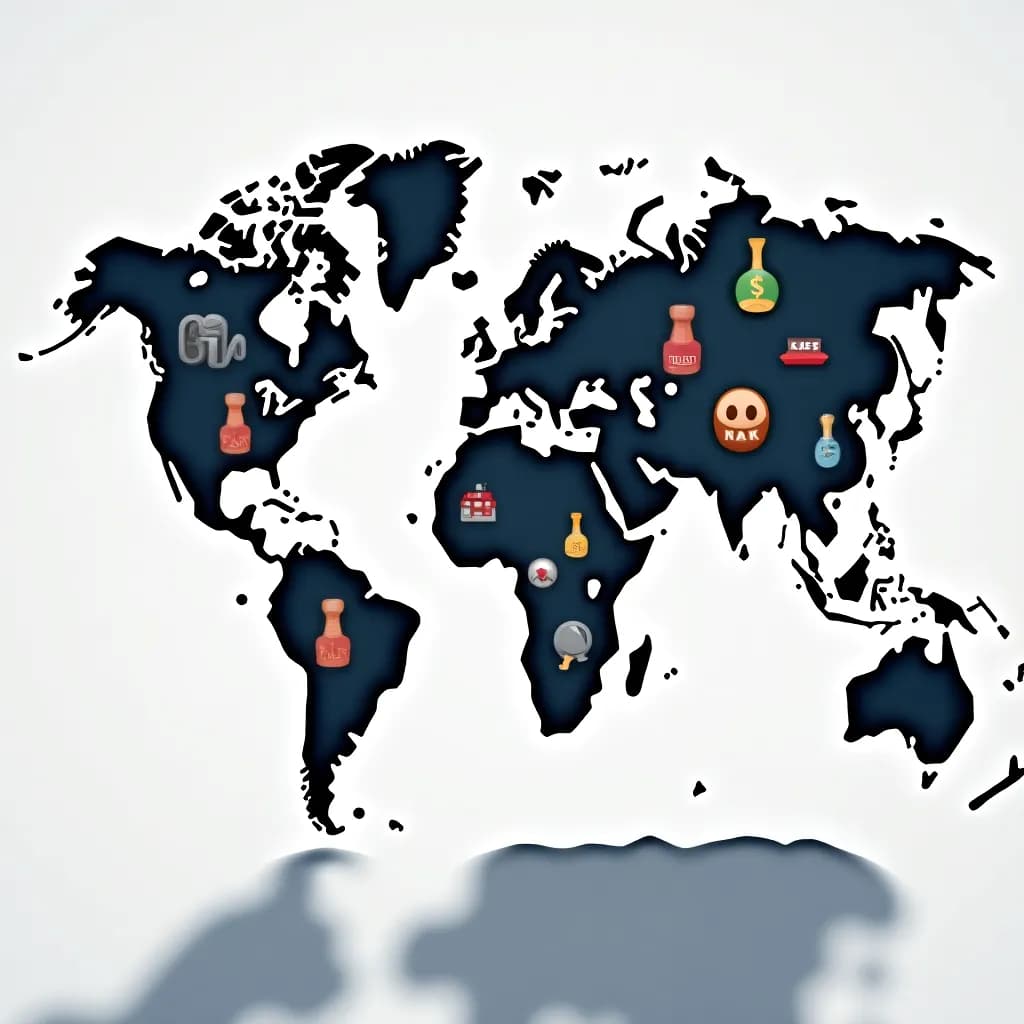Introduction: A World in Transition
As the global political environment undergoes significant shifts, understanding these changes is crucial for policymakers, businesses, and citizens alike. In this article, we explore the evolving geopolitical landscape through the lens of leading international policy experts. Their insights illuminate the complex dynamics at play and offer guidance on navigating an increasingly interconnected world.
The Rise of Multipolarity
Multipolarity is becoming a defining feature of the current international system. The traditional dominance of Western powers is being challenged by the rise of new players like China, India, and Brazil. According to a recent study by the Pew Research Center, the global influence of the United States and Europe is perceived to be declining, while China's clout is on the rise.
In an exclusive interview, Dr. Maria Chen, a geopolitical analyst at the International Institute for Strategic Studies, emphasizes that "the shift towards multipolarity offers both opportunities and challenges. Countries must adapt to a world where power is more evenly distributed across various regions."
Economic Interdependence and Tensions
Economic globalization has created a web of interdependence that binds nations together. However, this interconnectedness also leads to vulnerabilities. Trade tensions, particularly between the United States and China, have highlighted the fragility of global supply chains.
Dr. Chen notes, "While economic interdependence can promote peace by making conflict costly, it can also be a source of competition and tension. The recent semiconductor shortages are a perfect example of how geopolitical rivalries can impact global markets."
Technological Advancements and Cybersecurity
Technological innovation is reshaping the geopolitical landscape. The race for supremacy in artificial intelligence, 5G networks, and cybersecurity is intensifying. The rapid pace of technological change presents both opportunities for collaboration and risks of conflict.
According to a report by McKinsey & Company, the global cybersecurity market is projected to grow from $217 billion in 2021 to $345 billion by 2026. This growth underscores the increasing importance of protecting digital infrastructure.
Dr. Chen highlights that "as technology evolves, so do the threats. Nations must collaborate to establish international norms and agreements to prevent cyber conflicts and ensure the safe development of new technologies."
Climate Change as a Geopolitical Force
Climate change is not only an environmental issue but also a significant geopolitical challenge. The effects of climate change, such as rising sea levels and extreme weather events, are causing resource scarcity and displacing populations, which can lead to conflict.
The 2022 Global Risks Report by the World Economic Forum lists climate action failure as a top risk this decade. Dr. Chen asserts, "Addressing climate change requires a cooperative global effort. Nations must work together to mitigate its impacts and support vulnerable regions."
Conclusion: Adapting to Change
The evolving geopolitical landscape demands adaptability and foresight. As nations navigate these changes, collaboration and dialogue will be key to addressing the challenges and seizing the opportunities that arise.
In conclusion, Dr. Chen emphasizes, "To thrive in this new era, countries must foster multilateral partnerships, invest in technology responsibly, and commit to sustainable development. Only through collective action can we build a stable and prosperous future."
As the world continues to change, staying informed and understanding these complex dynamics is more important than ever. By engaging with expert analysis and fostering international cooperation, we can better navigate the uncertainties of the geopolitical landscape.








